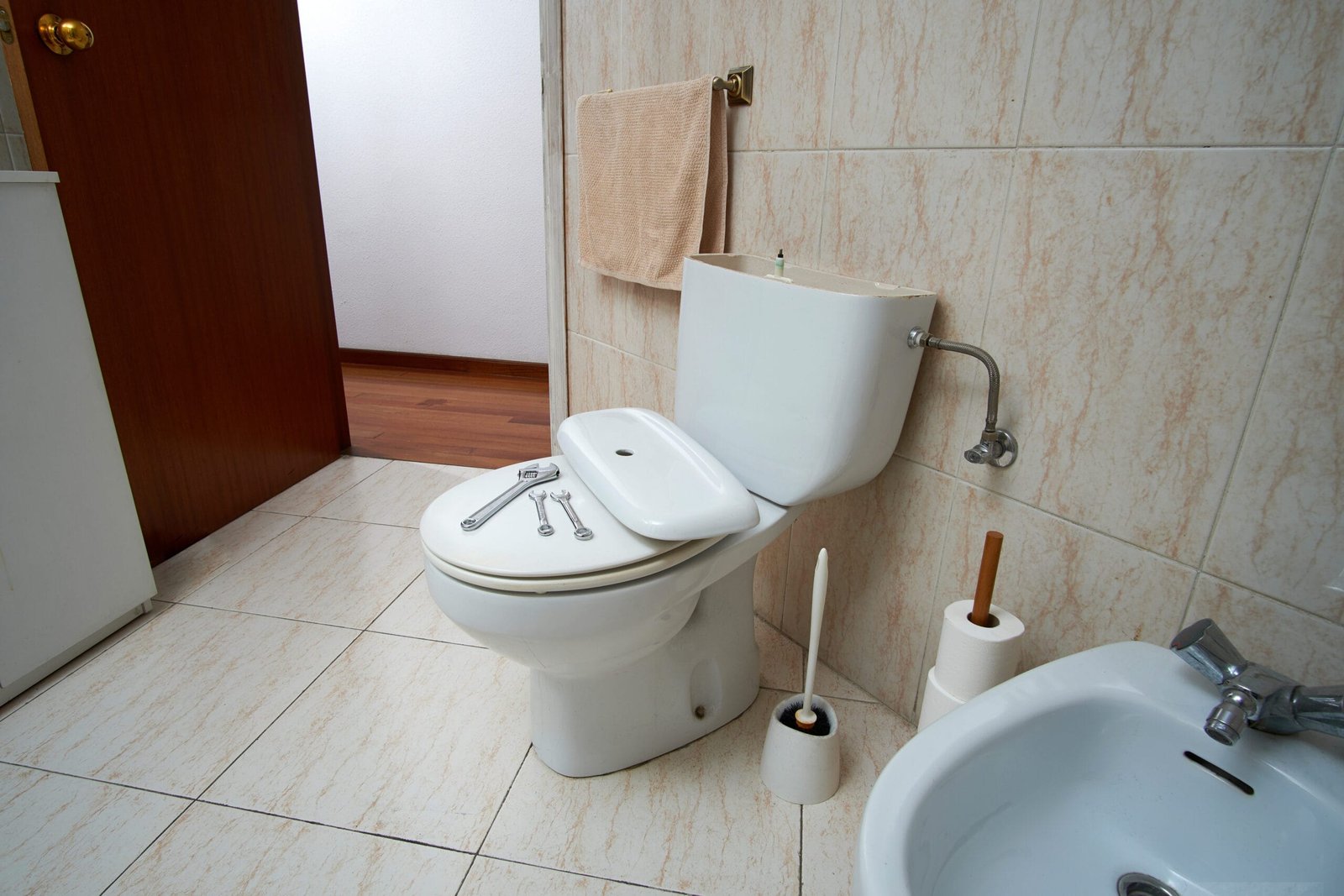Introduction: Toilet Troubles Demystified
Imagine this scenario: You’re in the middle of your busy morning routine when suddenly, disaster strikes – your toilet refuses to flush!
It’s a frustrating experience that can quickly disrupt your day. But before you panic and call for an emergency plumber.
Diagnosing the Issue: Is It Really Just a Clog?
While a stubborn clog is a frequent culprit, a non-flushing toilet could signal other problems lurking beneath the surface.
Start by carefully observing the situation: Water level, gurgling sounds, and leaks can provide clues.
Common Clogs and Solutions: Back to Basics
Let’s address the elephant (or rather, the clog) in the room – obstructions are often the main reason toilets refuse to cooperate.
The classic plunger remains a champion against most clogs. Ensure a good seal around the toilet drain and plunge vigorously.
Flapper & Chain Checkup: The Heart of the Flush
The flapper, a rubber valve at the bottom of the tank, plays a crucial role. When you flush, it lifts to allow water from the tank into the bowl.
Inspect these components: Look for cracks, tears, or warping in the flapper. Replace a damaged one for efficient flushing.
Fill Valve Functionality: Keeping the Tank Refreshed
The fill valve ensures your toilet tank always has enough water for a strong flush. It automatically stops filling when the desired level is reached.
Check these points: If the water level stays too low, the sensor might be faulty. Adjust it or consider replacement if necessary.
When to Call the Pros: Knowing Your Limits
Remember, tackling minor issues yourself saves time and money. However, persistent problems signal when it’s wise to involve a qualified plumber.
Signs include: Recurring clogs, major leaks, and multiple toilet problems may require professional attention.

